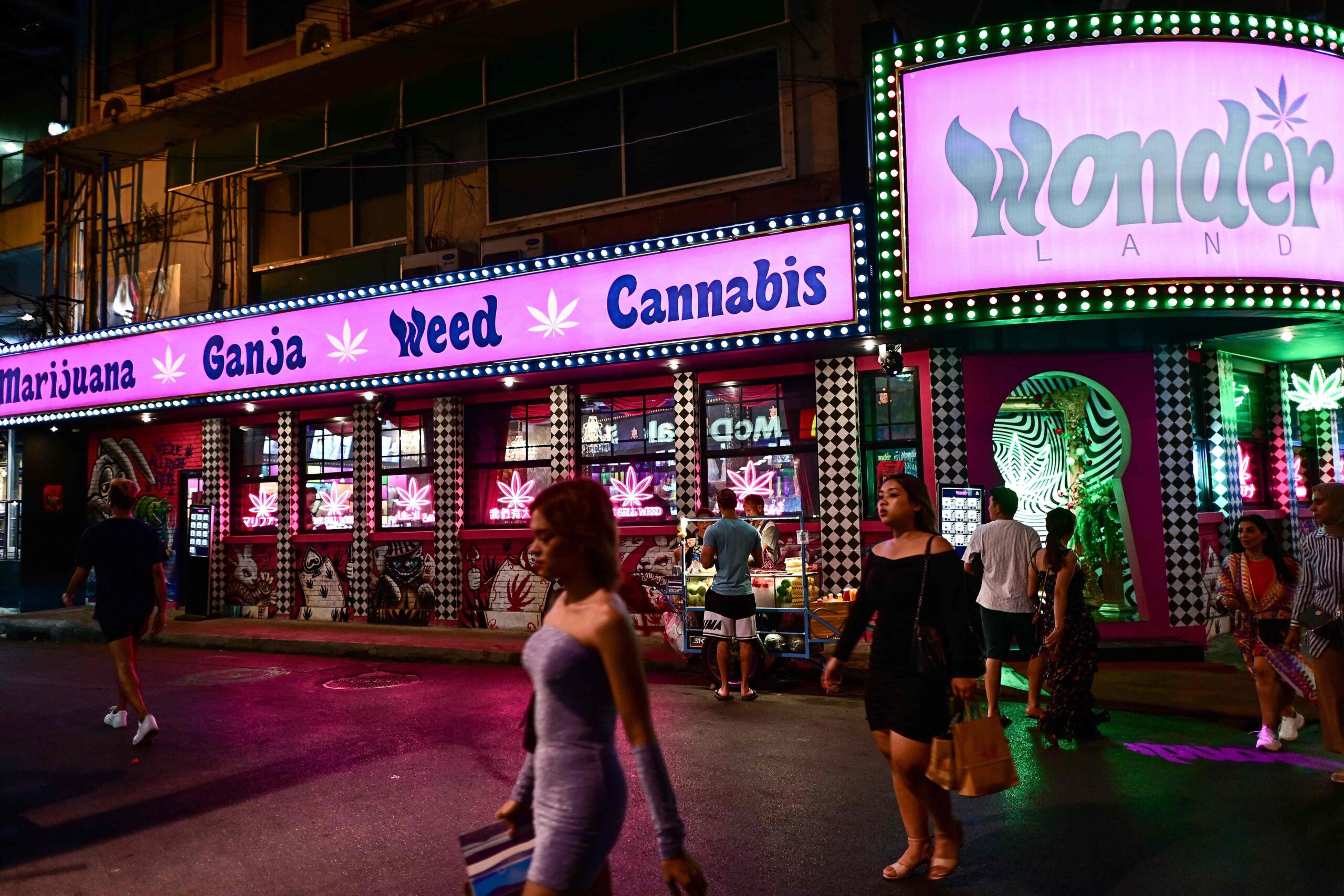BANGKOK (ANN/STRAITS TIMES) – Thailand’s Prime Minister announced on May 8th that the country would reclassify cannabis as a narcotic by the end of the year, reversing its earlier stance as one of the first Asian nations to decriminalise its recreational use just two years ago.
This decision comes amidst the rapid expansion of Thailand’s domestic cannabis retail sector, with tens of thousands of shops and businesses emerging in the past two years. The industry is forecasted to reach a value of up to USD1.2 billion by 2025.
Prime Minister Srettha Thavisin stated on social media platform X, “I want the Health Ministry to amend the rules and reclassify cannabis as a narcotic. The ministry should promptly issue regulations allowing its usage solely for health and medical purposes.”
Cannabis was initially decriminalised for medical use in 2018 and for recreational use in 2022 under a previous administration. However, critics argue that its liberalisation was rushed, leading to significant confusion regarding regulations.

Srettha’s remarks followed a meeting with narcotics suppression agencies, during which he pledged to adopt a tough stance on illicit drugs and instructed authorities to demonstrate “clear progress” within the next 90 days.
“Drug abuse is a threat to the country’s future, with many young people falling victim. We must act swiftly, confiscate assets from drug dealers, and expand treatment options,” he emphasised.
The Prime Minister also urged authorities to redefine drug possession under the law, proposing a shift from “small amount” to “one pill” to facilitate stricter enforcement.
Earlier, Srettha’s government expressed intentions to enact a cannabis law by year-end, prohibiting recreational marijuana while permitting its use exclusively for medical and health purposes. However, the timeline for reclassifying cannabis as a narcotic and the necessary procedures remain unclear.
Prasitchai Nunual, secretary-general of Thailand’s Cannabis Future Network, warned that recriminalising cannabis would negatively impact the economy, leading to closures of small businesses and depriving consumers of access.
“Many individuals have invested in cannabis cultivation and retail operations. These businesses will now face closure,” he cautioned. “If scientific evidence demonstrates that cannabis poses greater risks than alcohol and cigarettes, then its reclassification may be warranted. Conversely, if cannabis proves to be less harmful, similar considerations should apply to cigarettes and alcohol.”


